SJI Grantee Spotlights

State Courts Response to Opioids and the Impact on Children
What if families facing a crisis could receive support before entering the court system? In 2019, the National Center for State Courts received funding to identify promising practices in state and local courts that aim to prevent removal through non-adversarial collaborative team approaches and timely access to treatment and services. The Family Preservation Initiative (FPI) in Rutherford County, Tennessee was one of the standout programs identified.
FPI transforms how communities support families by intervening before circumstances escalate to court involvement. When families experience challenges likely to result in a juvenile court petition, FPI staff step in to build relationships, learn about each family’s unique strengths and needs, and connect them to resources and services. This individualized approach keeps children safely with their families while providing the entire family with the support needed to overcome obstacles.
Referrals come from law enforcement, schools, community organizations, and families themselves. Families involved in FPI are not under court supervision; however, the court’s backbone support for the program helps build and sustain community partnerships essential for its success. By intervening early, FPI prevents family separation, minimizes trauma, and provides crucial support when families need it most. The documentary, “Together We Thrive: Championing Prevention Efforts with Tennessee’s Family Preservation Initiative,” offers a powerful look at FPI through the eyes of the families and professionals involved in the program. Their stories demonstrate how family-centered and prevention-focused approaches can create positive changes for children, families, and communities.
“What we really hope is that this would become the new norm, that this wouldn’t be just a pilot or a program or in a few places dotted around the county. But this would become the way that people want to intervene much sooner so that children never become part of the system.”
-Deborah Taylor Tate, Former Director, Tennessee Administrative Office of Courts
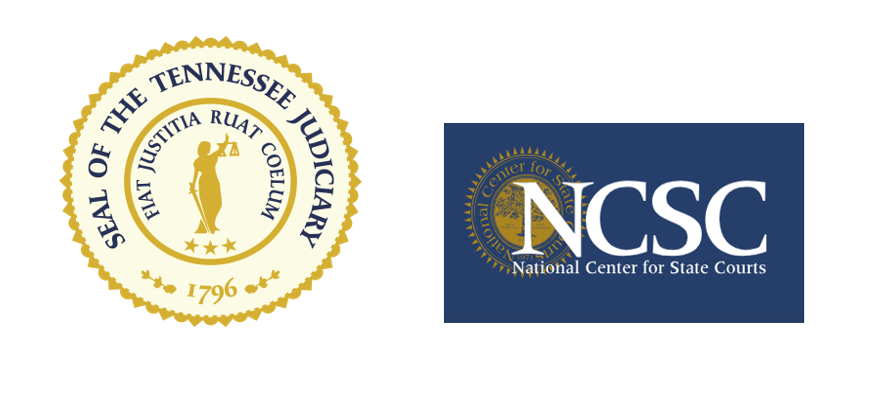
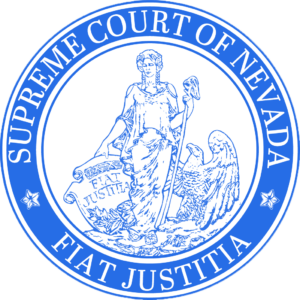
Nevada Guardianship Portal – Supreme Court of Nevada, Administrative Office of the Courts
June 1, 2025
The Courts in Nevada have invested in the development of electronic systems to improve transparency, accessibility and efficiency of court processes. These investments have significantly reduced the time taken from initiating a case to its final disposition. Unlike most Court processes, guardianships commence at disposition and can last for decades, for example the guardianship of …
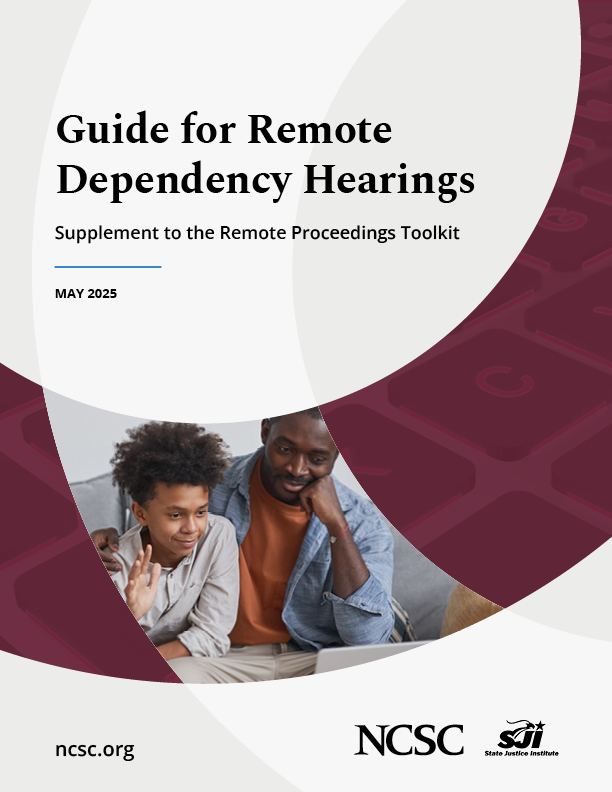
Enhancing State Court Efforts to Address Child Abuse and Neglect – The National Center for State Courts
May 1, 2025
The National Center for State Courts announces the upcoming “Guide for Remote Dependency Hearings,” a comprehensive resource, funded by SJI, developed as an addendum to the Remote Proceeding Toolkit. Child abuse and neglect hearings require additional considerations for effective remote proceedings given their confidential nature and multiple participants. The Guide for Remote Dependency Hearings offers specialized …
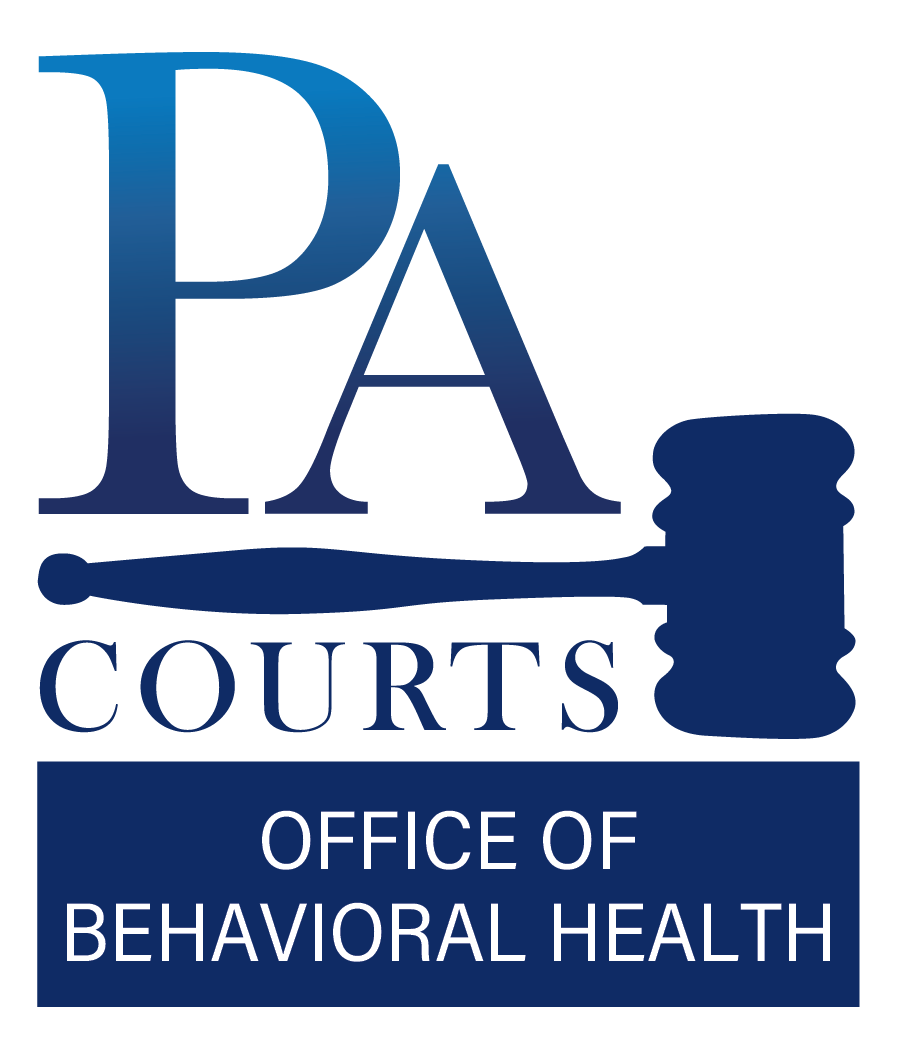
Pennsylvania Statewide Behavioral Health & Recovery Summit – Administrative Office of Pennsylvania Courts
April 1, 2025
In October 2024, the Pennsylvania Courts held a first-ever statewide Behavioral Health Summit that brought together over 500 judges, leaders, and stakeholders to address the growing behavioral health crisis within the judicial system. Pennsylvania Supreme Court Justice Kevin Dougherty emphasized the increasing severity and frequency of behavioral health challenges and called the summit a “call …
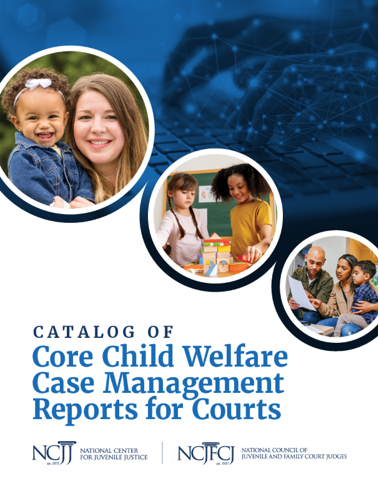
Enhancing State Court Efforts to Address Child Abuse and Neglect
March 1, 2025
In 2016, the National Council of Juvenile and Family Court Judges (NCJFCJ) developed the Enhanced Resource Guidelines (ERGs) to outline best practices for handling child abuse and neglect cases. To support implementation, NCJFCJ launched a project to train select jurisdictions in ERG-based practices. The ERGs emphasize keeping families together, ensuring access to justice, cultural responsiveness, …
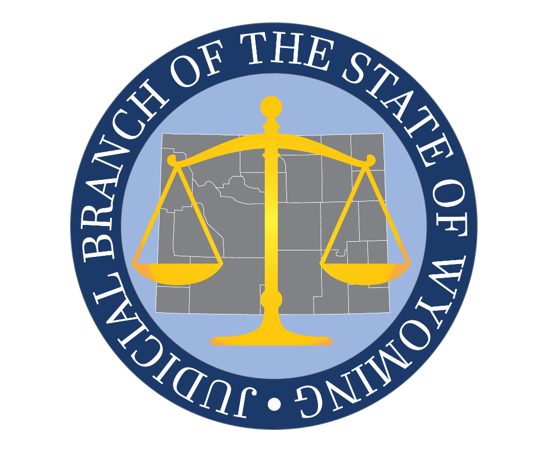
Wyoming Judicial Branch Mental Health Diversion Project
February 1, 2025
Behavioral health diversion is built on a guiding hypothesis: Diverting non-violent individuals with serious mental illness away from the criminal justice system and into community-based treatment and support services will transform lives, reduce recidivism, generate cost savings, and ease the burden on jails, courts, and state hospitals. This hypothesis has been proven in well-resourced urban …
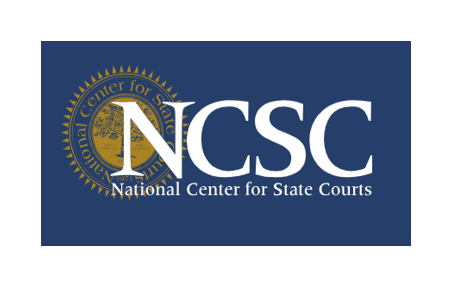
AI Readiness for the State Courts – The National Center for State Courts
January 1, 2025
The National Center for State Courts (NCSC) has brought together experts and practitioners to develop comprehensive guidance on AI Readiness for the state courts. The project, funded by SJI, aims to provide resources for courts along the whole spectrum of AI maturity, from courts that are just beginning to think about AI to courts that …

